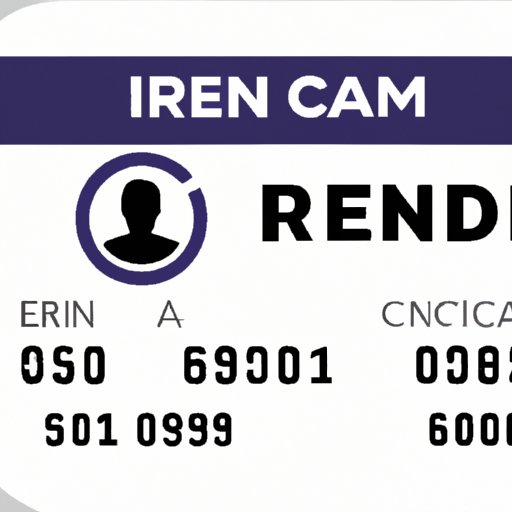Introduction
Business credit is an important factor when it comes to managing your business’s finances. It can help you secure financing, establish relationships with vendors, and build credibility with potential customers. This article will provide an in-depth guide on how to start business credit with an Employer Identification Number (EIN).
Research Business Credit Card Options
When looking for a business credit card, it is important to compare different options to find the best one for your needs. Consider factors such as rewards, APR, annual fees, and benefits. Researching different cards and their features can help you determine which one is right for you and your business.
Obtain an Employer Identification Number (EIN)
An EIN is a unique nine-digit number assigned by the IRS to identify a business entity. It is required for most businesses, including those that file taxes, hire employees, open a business bank account, and apply for business credit. The process for obtaining an EIN is relatively simple and can be done online or by mail.

Utilize Your Personal Credit Score
Your personal credit score can be very helpful when starting a business. It can be used to obtain financing and even establish relationships with vendors. There are several strategies you can use to ensure that your personal credit score is working for you and not against you. These include paying bills on time, monitoring your credit report, and keeping track of your credit utilization ratio.

Open a Business Bank Account
Having a separate business bank account is important when it comes to tracking your business’s income and expenses. It also helps to establish credibility with lenders and other financial institutions. The process for opening a business bank account is similar to opening a personal account and typically requires proof of identity, proof of address, and an EIN.
Establish Trade Lines
Trade lines are accounts with vendors that allow you to purchase goods or services on credit. Establishing trade lines can help you build a positive credit history and make it easier to secure financing in the future. Some strategies for establishing trade lines include asking vendors to report payments to the credit bureaus and negotiating terms with vendors.
Maintain Good Payment Habits
Good payment habits are key when it comes to maintaining a healthy business credit score. Late payments and missed payments can have a negative impact on your score, so it is important to stay on top of them. Strategies for maintaining good payment habits include setting up automated payments and tracking due dates.
Conclusion
Starting business credit with an EIN is an important step in managing your business’s finances. By following the steps outlined in this article, you can establish and maintain a strong business credit score. For more information, consider consulting with a financial advisor or accountant.
(Note: Is this article not meeting your expectations? Do you have knowledge or insights to share? Unlock new opportunities and expand your reach by joining our authors team. Click Registration to join us and share your expertise with our readers.)
